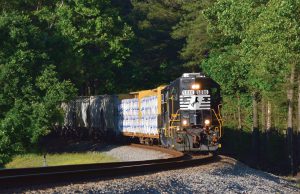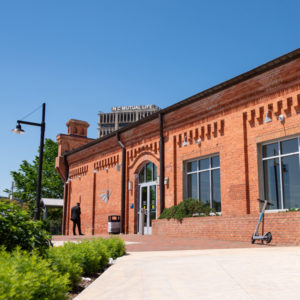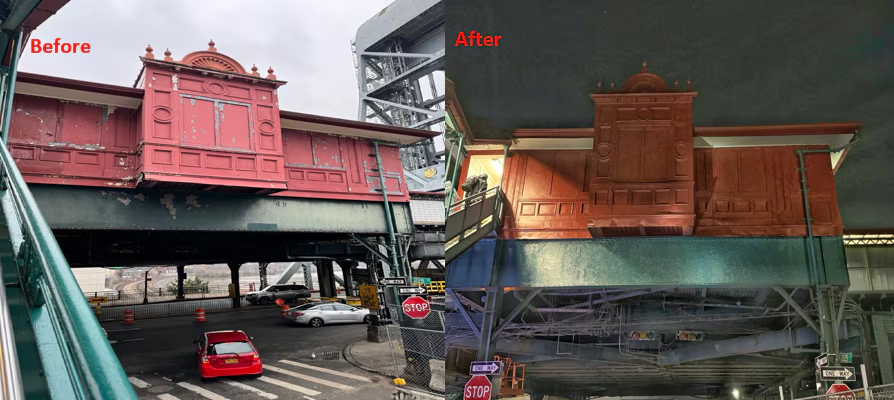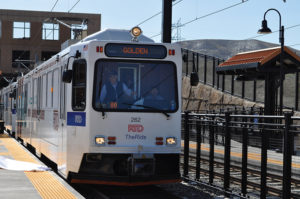Kent, Wash., Council looking for more transportation dollars
Written by jroodFees for transportation impacts, business licenses and vehicle-license registrations all could be part of a funding package the Kent, Wash., City Council may tap for funding city street projects, according to the Kent Reporter. The Council conducted a second workshop at City Hall to discuss how to fund an estimated $389 million worth of projects over the next 25 years, including $137 million in grade-separation projects for street and rail.
Earlier, at its May 4
workshop, the Council had discussed the possibility of charging
vehicle-registration fees as one funding source for city street repairs. At its
May 18 meeting, the Council made it clear they wanted to spread the cost of
street projects among residents, developers and businesses.
"Next to public
safety, transportation is the No. 1 or No. 2 big issue in the city,"
Councilwoman Deborah Ranniger said at the workshop. "It would be a lack of
leadership if we do not move forward with something in the next 60 days. We
need to get grade separations and other projects going. People are fed up with
our roads."
The funding options under
consideration by the Council include:
• Charging Kent vehicle
owners an annual $10-to-20 vehicle-license registration fee. A $10 fee would
raise more than $1 million per year or about $28 million over 25 years.
• Charging developers a
transportation-impact fee based on a set rate of so much per new house or so
much per square foot for a new commercial building, based on the estimate of
new peak-hour vehicle trips the project would generate. Depending on the rate
chosen by the Council, the fees could range from $4,072 to $12,340 per new
single-family house; from $7.88 to $23.88 per square foot for a new office
building; from $6.32 to $19.15 per square foot for a new shopping center; and
from $1.88 to $5.70 per square foot for a new warehouse. The fees would raise
an estimated $62 million to $189 million over the next 25 years, depending on
the level of the fee.
• Charging a license fee
for business based on the number of their employees. The council didn’t discuss
specific fees or potential revenue amounts.
City officials want to
construct street-railroad grade-separation projects over the next several years
along South 228th Street, South 212th Street and Willis Street at a cost of
about $137 million. The projects would eliminate the issue of traffic backing
up at train crossings, as the streets will go either over or under the railroad
tracks.
So far, the city has
about $32 million lined up for the street-railroad separation projects, with
funding from the Washington State Freight Mobility Strategic Investment Board,
BNSF, Union Pacific, the Port of Seattle, the Washington State Public Works
Trust Fund and the federal government. That leaves a gap of about $105 million
for the city to fill.
Kent Mayor Suzette Cooke
told the Council impact fees that are too high as well as business fees charged
per employee could cause businesses to leave the city or not even move to Kent.
"My word of caution
does not mean I am against impact fees," Cooke said. "But on the
bottom line, do the fees generate more money or will the fees close down future
development?"
Consultants hired by the
city will return for another Council workshop this summer with a proposal that
will include a range of transportation impact, business license and vehicle
license fees and include which projects the vehicle fees would fund. Part of
the vehicle-license fees also could be used for street maintenance.
The Council could adopt
the vehicle-license fee without voter approval by keeping the cost at $20 or
less. Voters would need to approve any fee higher than $20 with a ceiling of
$100 per vehicle.
The Council needs to take
action by this fall to raise revenue for transportation projects or it could
lose up to $17 million already set aside for the city for street-railroad
projects through other funding sources, including the state Freight Mobility
Strategic Investment Board.





